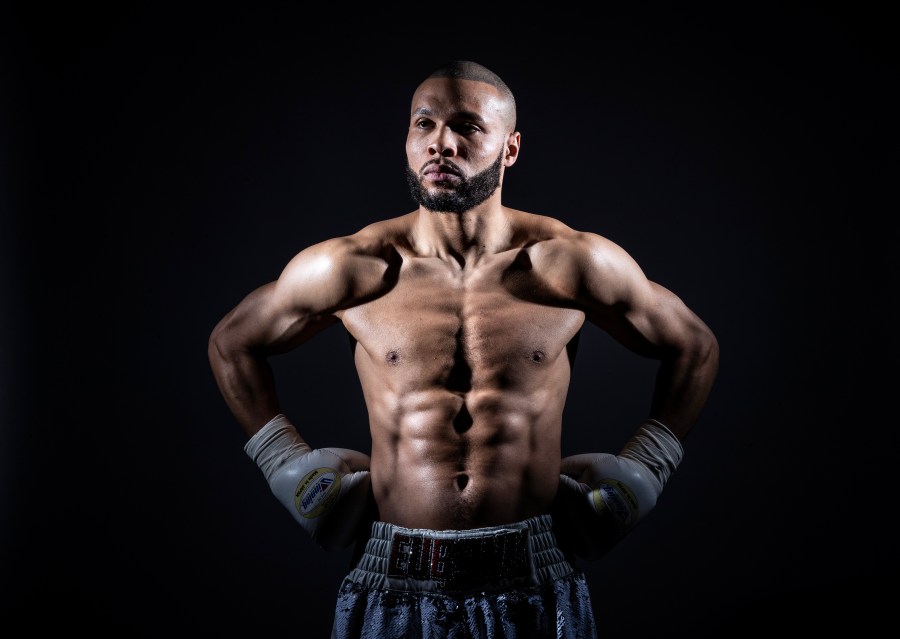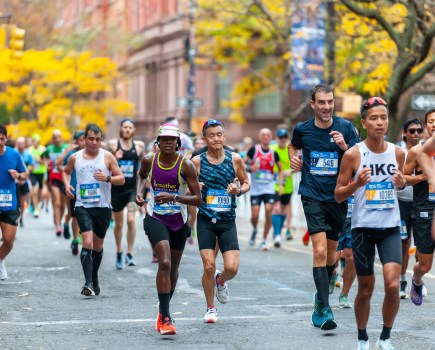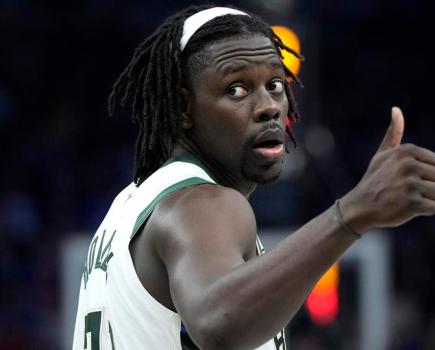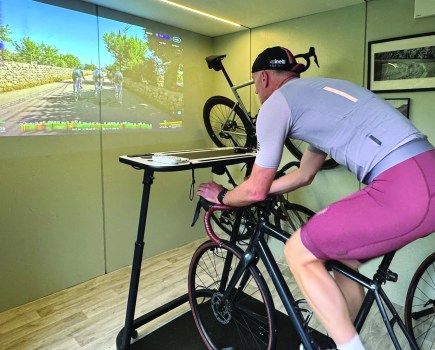With his rematch with Conor Benn two weeks away, Men’s Fitness caught up with Chris Eubank Jr at his training camp to get a behind-the-scenes look at how he gets in shape
Chris Eubank Jr’s Instagram page reads: “just a guy making a living doing what he loves.” His pre-match persona might be all showmanship but he really is that guy – intelligent, thoughtful, composed and serious about the job in hand. That ‘job’ just so happens to be a rematch with Conor Benn on November 15 at Tottenham Hotspur Stadium.
The first fight was dramatic, competitive, and physical as it went the 12-round distance. Eubank won via unanimous decision – a result he is looking to repeat again (a win). We caught up with him at his pre-fight training camp to discuss his training, his motivations and what people can learn from his discipline and outlook.
Men’s Fitness: How is the camp progressing? What metrics do you use to measure improvements during a training camp?
Chris Eubank Jr: Camp is going exactly as planned. Everything’s on schedule. For me, improvement isn’t just about numbers on a screen. Of course, we track things like punch output, heart rate, and recovery time between rounds, but the real metric is how I feel, how the body responds under pressure, how sharp the timing is, how the reflexes fire when I’m deep in a sparring session. You know when you’re on point, you can feel it in your rhythm, your energy, your composure. That’s what tells me I’m improving, not a spreadsheet.
MF: Do you stay in decent shape between fights to take the pressure off the camps? Or is the camp really about getting fight-ready in a focused and precise way?
CEJ: I’m always in shape. That’s never been an issue. You don’t get to this level by letting yourself go between fights. I might loosen the reins a little, have a cheat meal, travel, live life, but I never let the engine stall. Fight camp isn’t about getting fit, it’s about sharpening the blade. It’s a controlled environment where every detail is dialled in, the timing, the weight, the power, the endurance. By the time fight week comes, everything’s been tested, refined, perfected.
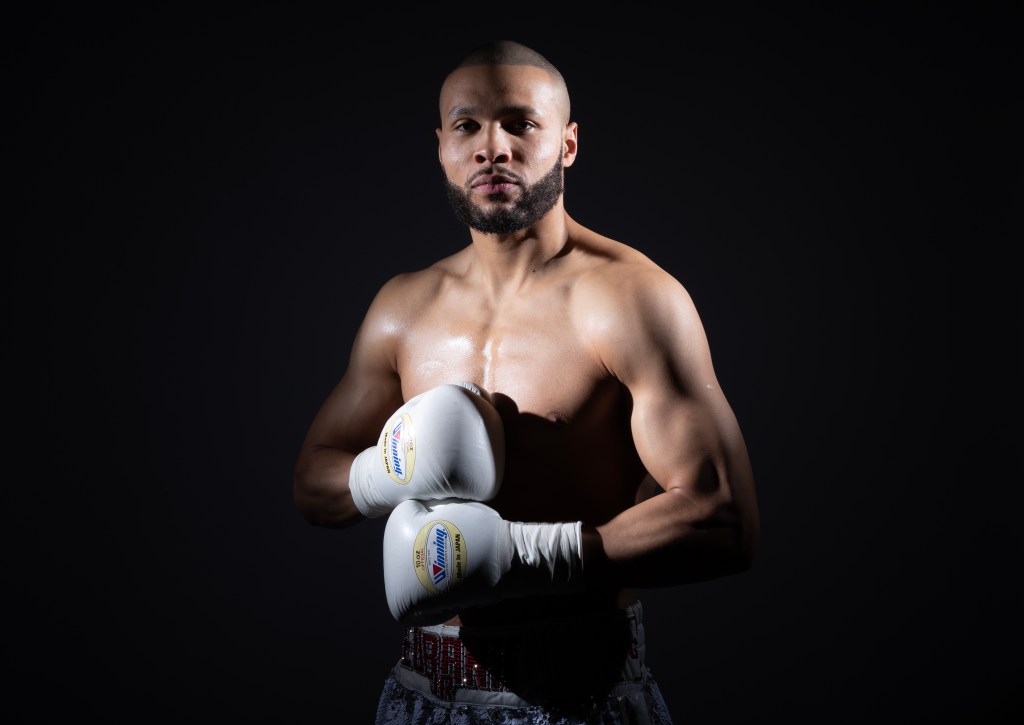
PIC: LAWRENCE LUSTIG
MF: What does an average day look like for you during this camp?
CEJ: It starts early, always. I’ll be up before the sun, running on the track machine. Those runs are sacred, that’s where the mental side kicks in, when no one’s watching. After breakfast, it’s straight into boxing work: pads, bags, drills, footwork. Midday is recovery, stretching, sometimes a massage or ice bath. The afternoon is either sparring or strength and conditioning, depending on the phase we’re in. Evenings are calm, food, rest, maybe some poker to unwind. Everything revolves around one thing: being ready to go to war.
MF: With particular focus on strength work, what does that look like for you? Is it high reps, low weights or the opposite? Or a mix? What are you trying to achieve from this type of work?
CEJ: Strength training for me is about explosiveness, not bulk. I’m not trying to look like a bodybuilder, I’m trying to move like an athlete. So it’s a mix – compound lifts for power, bodyweight work for control, resistance bands for speed. I’ll do Olympic-style lifts in the lower rep ranges to build that snap, then higher reps for endurance and conditioning. The goal is to hit hard for 12 rounds, not just look good doing it.
MF: How important is the cardio element of your fitness programme?
CEJ: Cardio is everything in boxing. You can have the best technique in the world, but if you’re gassed after six rounds, it’s over. My cardio comes from a mix of traditional roadwork and high-intensity intervals, sprint work, explosive circuits, things that simulate the pace of a real fight. When you’re in round ten, lungs burning, arms heavy, that’s when all those early mornings pay off. You can’t fake conditioning.
MF: What other types of conditioning work will you look at during the camp?
CEJ: We do everything. Sparring is the most important part of camp, that’s where you feel the truth of your training. You can’t hide in there. But it’s also about bag drills, pad work, defensive drills, reaction work, everything that sharpens the instincts. Conditioning can be anything from hill sprints to battle ropes, medicine ball slams, or pool sessions. The aim is to make the body and mind comfortable in chaos.
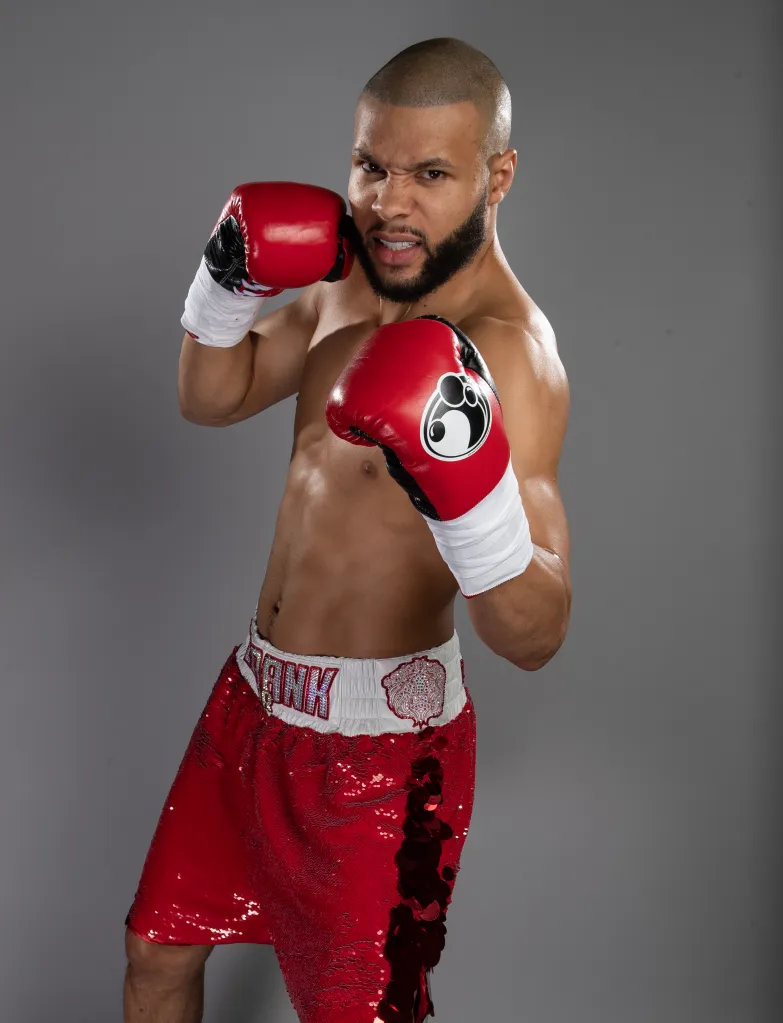
MF: Do you work with a sports psychologist on the mental aspect of the fight? How much of a role will gamesmanship play in the build-up to this fight?
CEJ: No psychologists. I’ve never needed one. The mental side of boxing is built in the gym and in life. You learn resilience through experience, through pain, setbacks, doubt. That’s where your mental edge comes from. As for gamesmanship, that’s part of the business. Boxing is entertainment as much as it is sport. Some fighters crumble when the pressure hits, some thrive on it. I thrive on it. The noise, the tension, the mind games that’s where I live.
MF: How important is nutrition?
CEJ: Nutrition is crucial. The body is a machine, and what you put in determines how it performs. I eat clean, simple foods, fish, chicken, rice, vegetables, fruit, nothing fancy. The challenge is balance: you have to fuel the sessions without tipping the scales. Making weight has always been part of the discipline. You can’t cut corners, you can’t cheat. You respect the process, stay consistent, and the weight takes care of itself.
MF: What lessons can our readers learn from the Chris Eubank Jr training programme?
CEJ: Discipline. Consistency. Accountability. You don’t have to be a fighter to live like one. If you wake up early, train with purpose, eat clean, rest properly, and stay mentally sharp, you’ll see changes in your body and in your life. Most people want results without sacrifice. Boxing teaches you that sacrifice is the price of greatness. Whether you’re in the ring or at a desk, the principle’s the same, put the work in, day after day, and the results will come.

